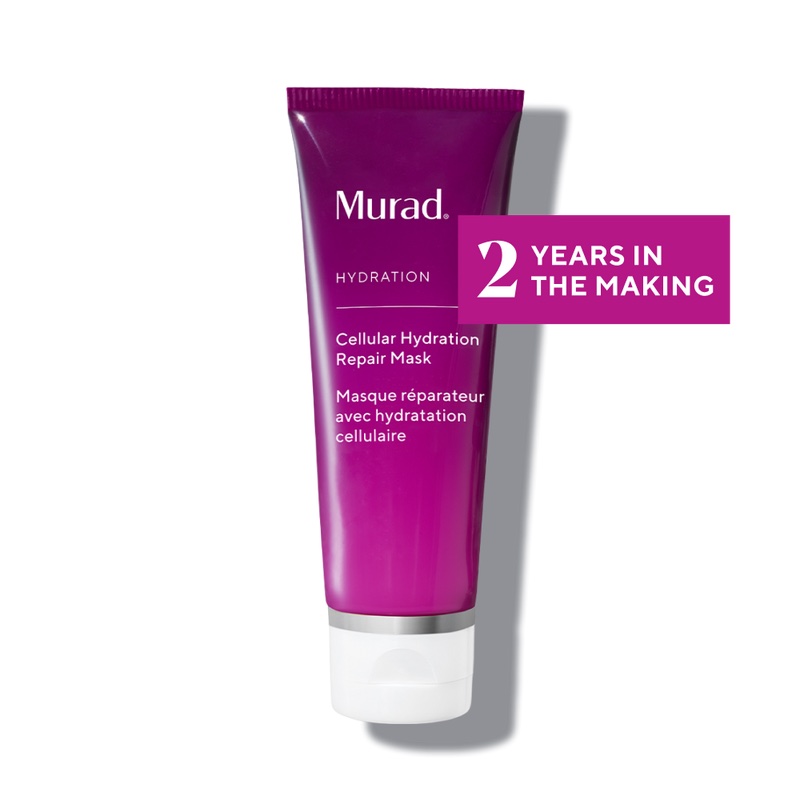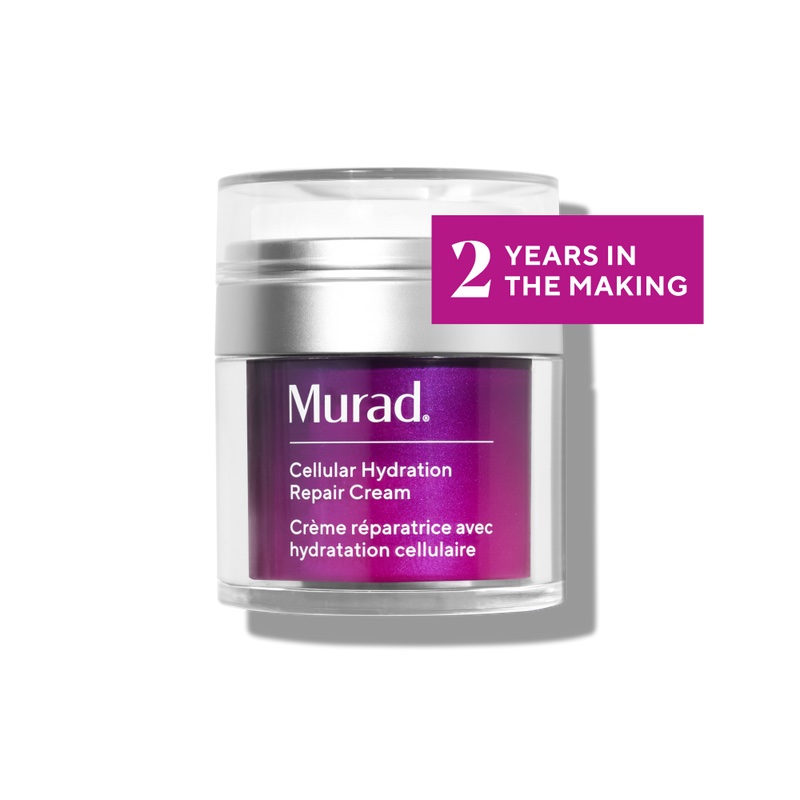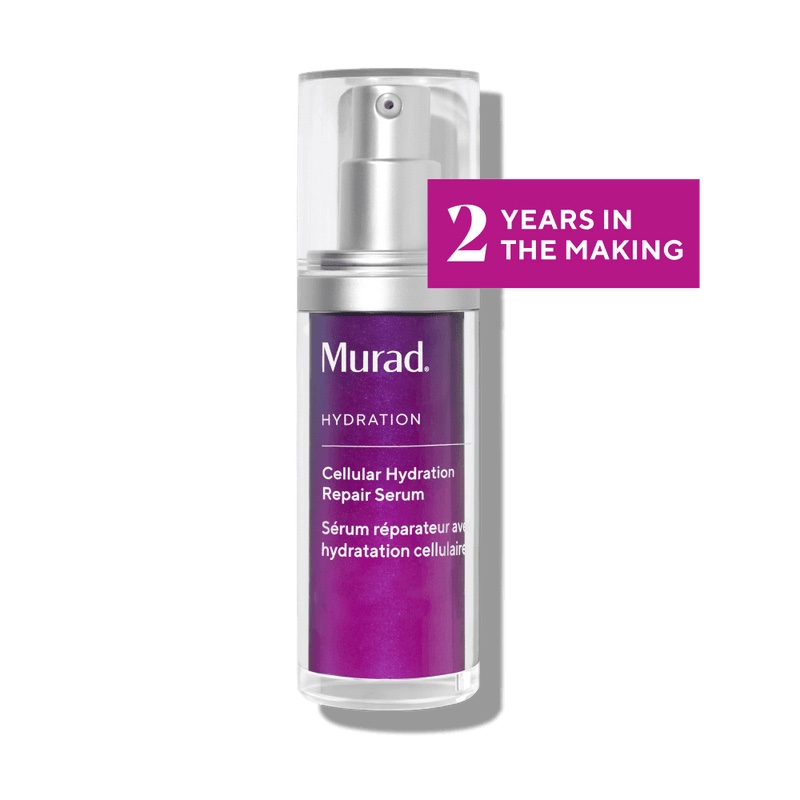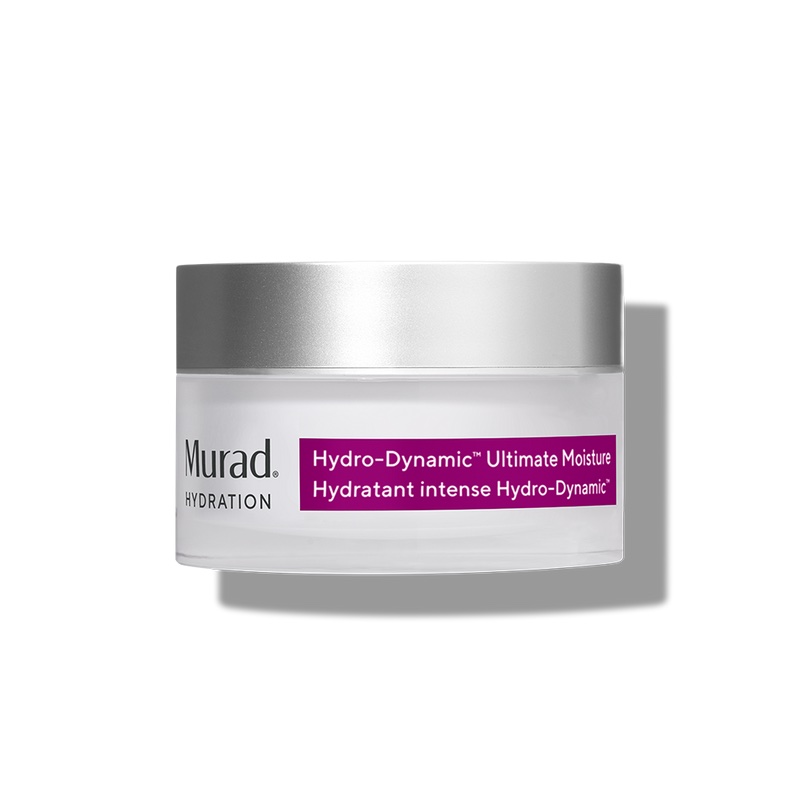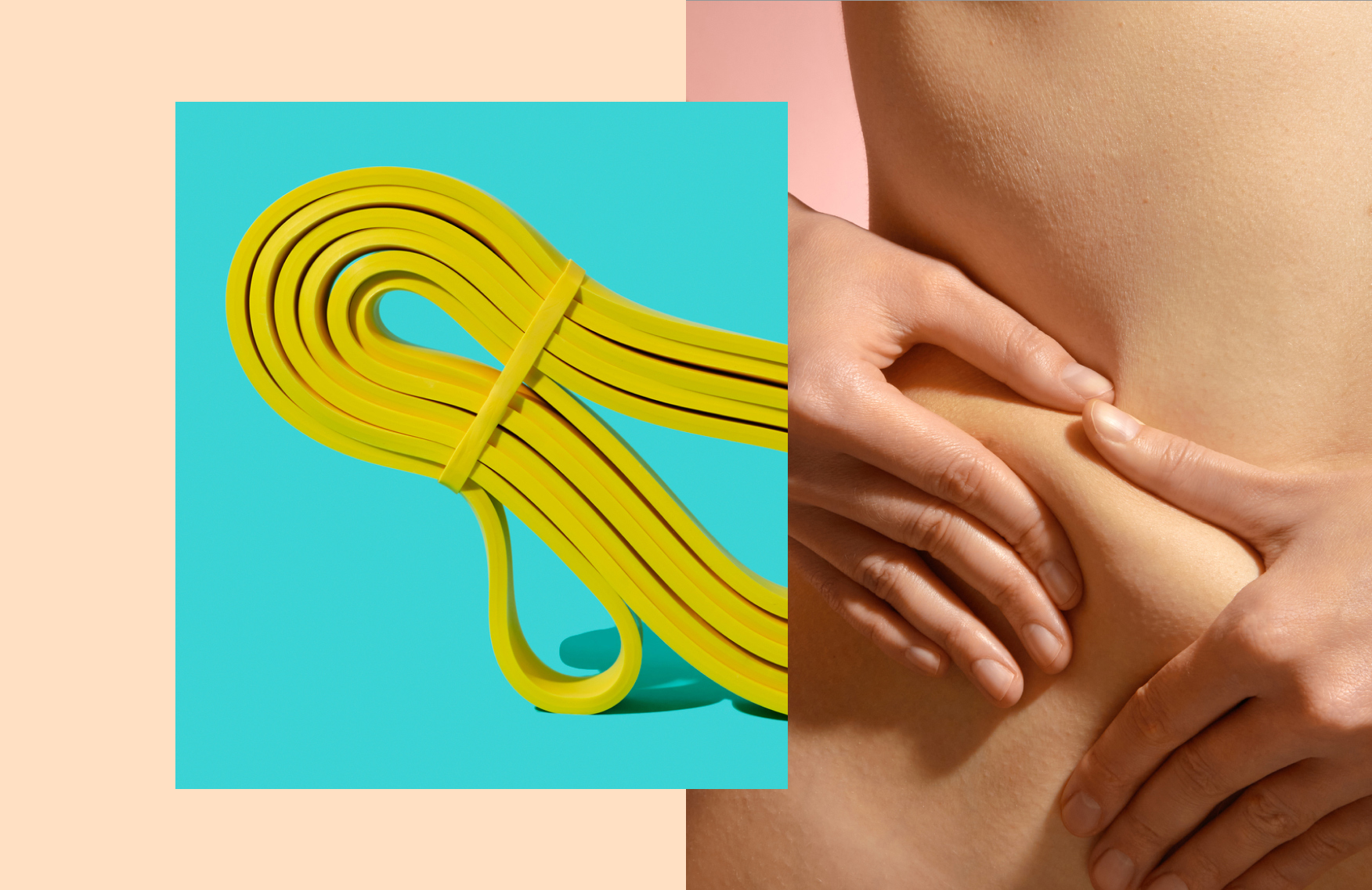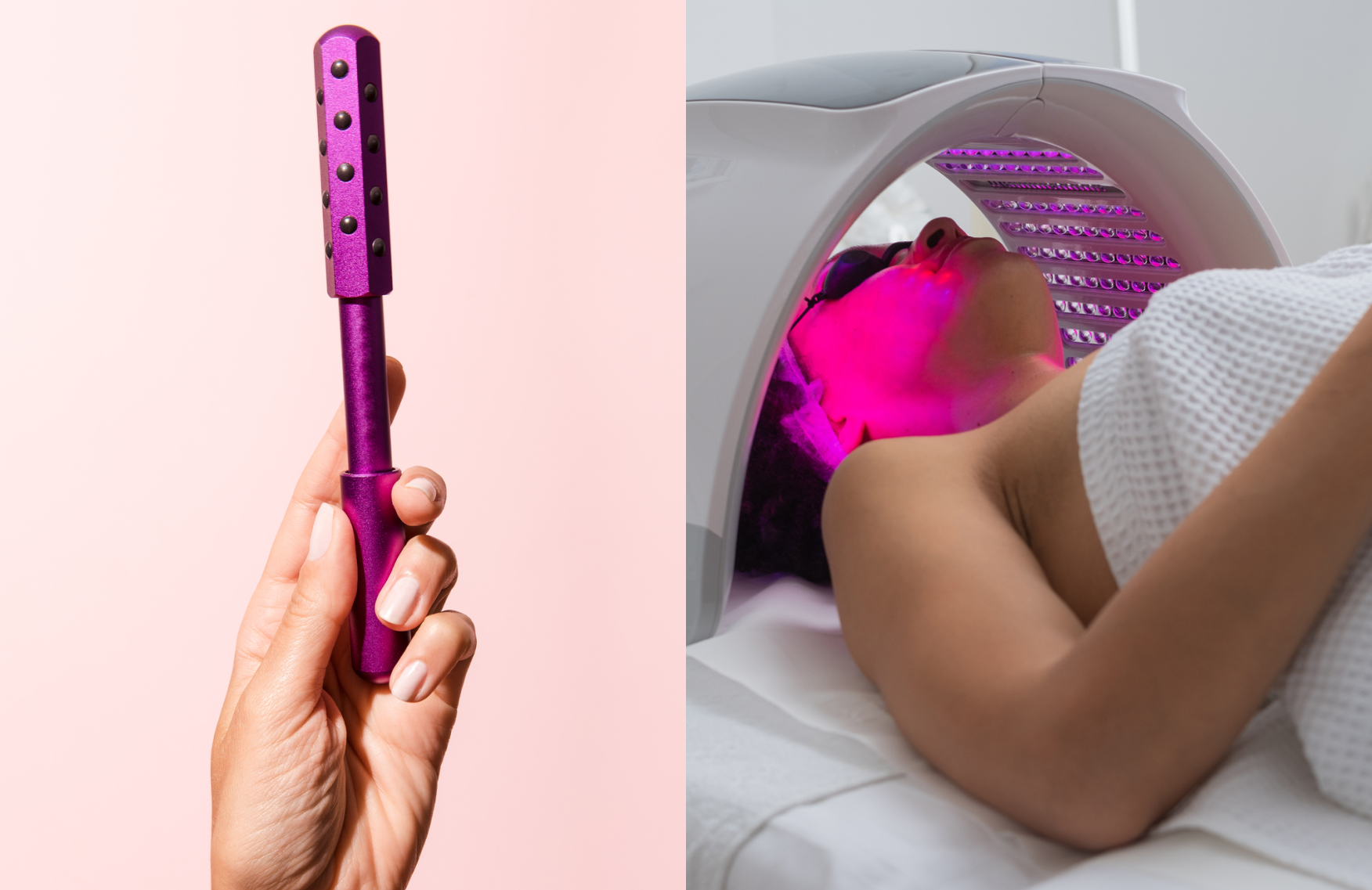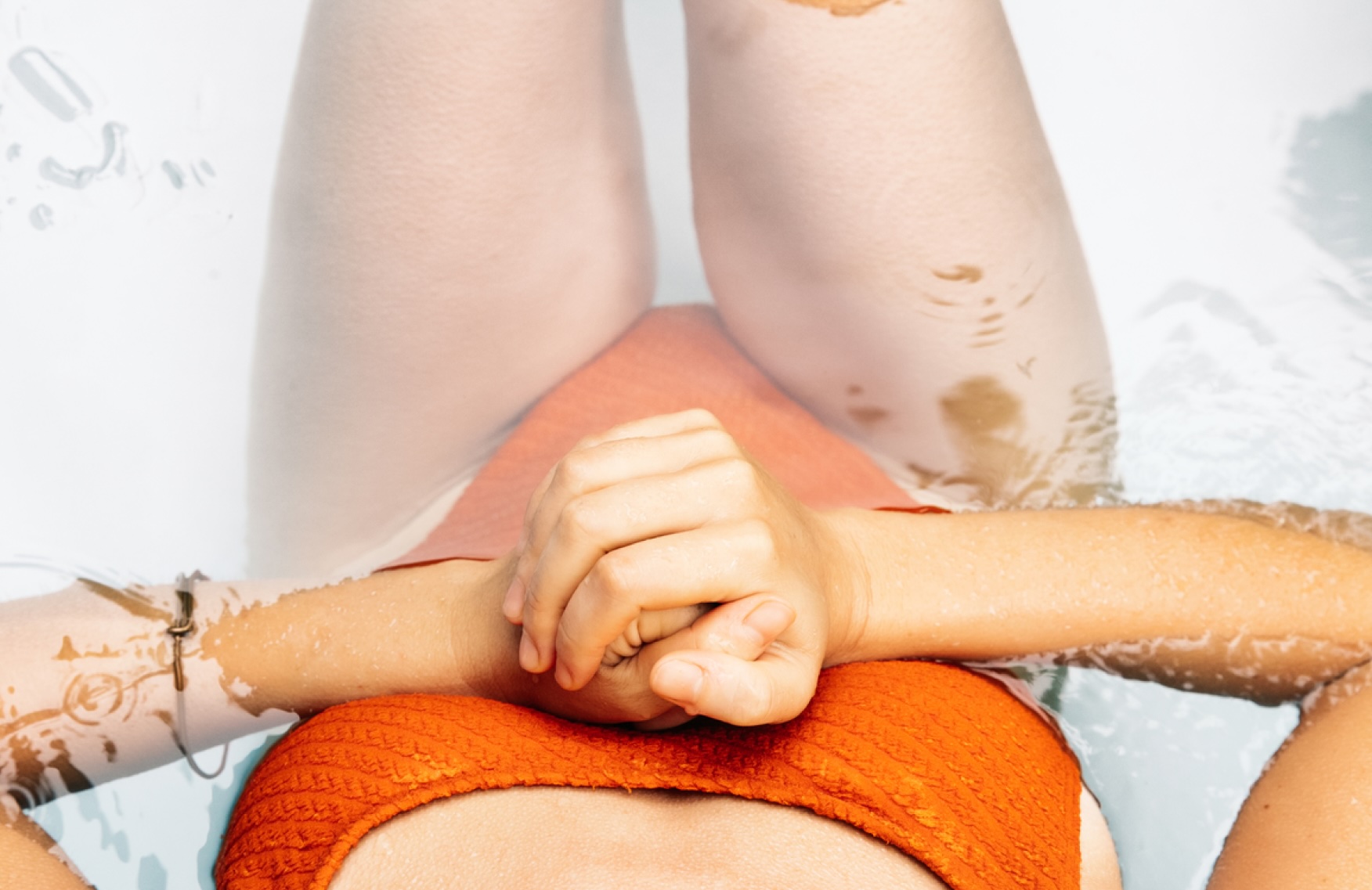How much water do you actually need to drink for better skin? Here’s what you need to know about hydration

Water is something we all know we need, but how much of what we know is actually true? Sure, adequate amounts of water helps with temperature regulation, waste elimination, and overall health and wellbeing, but truth be told, there’s a ton of misinformation about water. To get to the bottom of things and separate fact from fiction, we spoke with Amanda Morgott, a chemical engineer who heads global product development for Amway water filters.
This is true, but with some nuances. “Hydration needs are impacted by many factors such as climate, activity level, age, gender and health conditions,” she says. While drinking eight glasses of water a day is the general guideline for adults, a better guideline to follow is 0.5 to 1 fluid ounces of water per pound of body weight. Body weight is integral to determining how much water you need — for instance, men typically have higher muscle mass and pregnant women have increased blood volume, both of which result in higher fluid requirements, according to Morgott.
True. “Both sparkling and still water provide similar hydration benefits,” Morgott says. In fact, the carbonation found in sparkling water doesn’t have any effect on its hydrating properties, nor does it interfere with the body’s ability to absorb water. “Some people really enjoy the fizzy sensation of sparkling water so they naturally want to drink more, but of course this just comes down to personal preference,” Morgott adds.
Ever wake up after a night of alcohol consumption and notice your skin appears dull, lackluster and dehydrated? The same goes for drinking adequate amounts of water — it can contribute to healthier-looking skin. “Adequate hydration is equally as important to skin hydration as the fancy moisturizer and serums in your skincare routine,” Morgott says. “Hydration is needed for collagen and elastin to give skin its flexibility, bounce and firmness, and hydrated skin appears more youthful.” Not to mention, drinking water can also curb excess oil production and therefore keep breakouts at bay.
According to Morgott, this is false, and more water is not always better. “Drinking an excessive amount of water can put the body in a state of low levels of electrolytes (especially sodium) and can cause swelling of cells,” she explains. “This condition is called hyponatremia, but is also sometimes referred to as water intoxication.”
The good news: For most people it’s rare to accidentally drink enough water to cause hyponatremia, and it’s very difficult to force yourself to drink enough water to cause an electrolyte imbalance. “Cases of hyponatremia usually involve an athlete who has lost an excessive amount of electrolytes and water through sweating — they may try to quickly rehydrate with a large volume of water that doesn’t contain sufficient electrolytes to replenish their body’s electrolyte supply,” Morgott says. If you’re an athlete, you can prevent the condition by drinking water throughout the day versus gulping a large amount at once, and balancing your water intake with electrolytes.
Although caffeinated beverages can contribute to daily fluid goals, Morgott notes that caffeine is a weak diuretic. “In other words, caffeine increases urine production, which can lead to increased fluid loss,” she says. “When drinking caffeinated beverages, you might consider balancing those beverages with extra water intake.” You’ll know you’re not drinking enough water if you’re experiencing dry mouth or lips, dark yellow urine, headache, fatigue or lethargy, or dry skin.
Morgott confirms this is true. “Even in a mildly dehydrated state our bodies can confuse thirst with hunger, and drinking water may satisfy that ‘hungry’ feeling which can actually be actually thirst,” she says. “Drinking water before a meal can also fill space in your stomach and help you feel full faster — plus, it can also contribute to a healthy metabolism, making it a key part of a healthy weight journey.”
The views expressed in this article do not necessarily represent the views of Murad, and are for informational purposes only, even if the advice of physicians and medical practitioners are included. This article is not a substitute for professional medical advice, diagnosis or treatment, and should not be considered specific medical advice.
